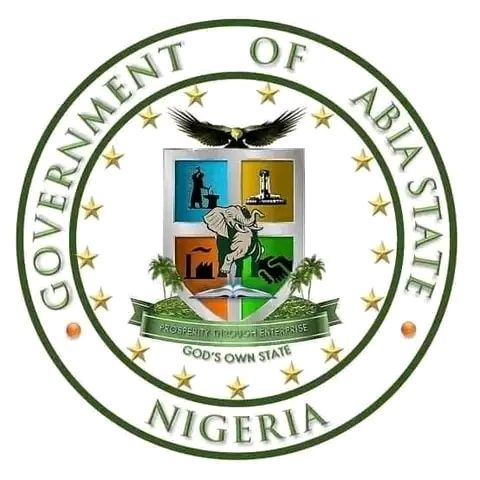Abia State has joined Adamawa, Anambra, Edo and Kano States to develop an anti-corruption, transparency and accountability strategy in what appears to be a major shift in the fight against official corruption in the conduct of government business.
The stakeholders roundtable brought stakeholders from the media, civil society organisations and MDAs entrusted with government financial transactions, to develop a framework that will streamline and give teeth to the State anti-corruption crusade.
Speaking on the programme, the lead consultant on anti-corruption institution assisted training to EU and RoLAC, Prof Ada Chidi Igbokwe, said, before coming to Abia State, the team had organised similar workshops in Anambra, Adamawa, Edo and Kano States, to entrench the culture of transparency and accountability in government transactions.
“We are here to develop the Abia State integrity and accountability strategy, which is an instrument for fighting corruption, improving service delivery and enhancing accountability and transparency, not just in the public and private sectors, but the society at large.”
Igbokwe allayed the fear that the document might be stalled at the implementation stage like other government policies, saying that once it becomes a policy, its implementation would not be a problem because of the reformist governor and the reform environment already created in Abia State.
Commenting on the role of RoLAC, the Abia State Coordinator, Peter Omenka, said the programme is funded by the European Union, EU, and implemented in Nigeria by the International Institute for Democracy and Electoral Assistance, IDEA, to support Abia State to develop its own integrity and accountability strategy, as a vehicle for good governance.
“Abia State is a good example in terms of governance, in terms of accountability, in terms of integrity, as far as Nigeria is concerned,” he said and called on other States to emulate Abia.
“It is hoped that other states would borrow from this so that the lives of ordinary citizens would be better, because governance would improve, accountability and integrity would be the order of the day, and that culture would become part of our system.”
Participants from the African Centre for Human Advancement and Resource Support, Chars- Africa, and Fenrad, civil society organisations, Amaka Biachi, and Comrade Nnanna Nwafor, pledged to support the project, noting that Abia State has shown capacity for transparency and accountability in the MDAs.
They, however, urged the State government to do more in terms of implementation, especially in domesticating certain policy documents, such as the Fiscal Responsibility Act and the Public Procurement Law.
While the head of exco secretariat, office of the Secretary to the State Government, SSG, Pastor Justice Osondu Kanu, said the apprehension over implementation does not arise since Governor Alex Otti is interested in reform, the deputy director, civil litigations, Ministry of Justice, Bar Becky Ngozi Ikechi, who represented the Attorney General and Commissioner for Justice, Mr Ikechukwu Uwanna, said, “Our full participation is an indication that we are ready not only to own it but to implement the document.”















